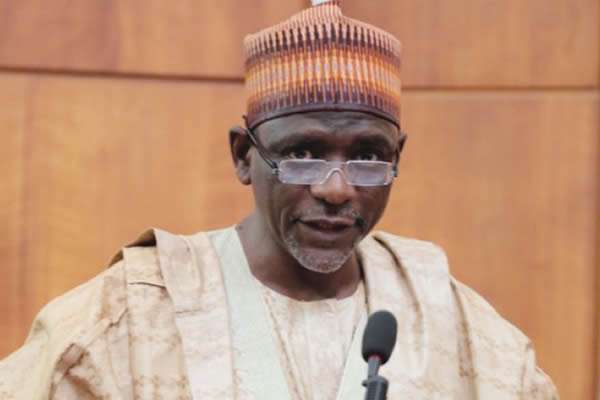Fuel Price: Industrial Court Orders NLC, TUC To Suspend Planned Strike
Featured, Latest Headlines, News Friday, May 27th, 2016
ABUJA, NIGERIA (AFRICAN EXAMINER) – National Industrial Court (NIC) has ordered the Nigeria Labour Congress (NLC) and Trade Union Congress (TUC) to shelve its planned industrial action slated for Wednesday, to protest against the new pump price fuel.
The order which is renewable after seven days followed an ex-parte motion filed by the Attorney General of the Federation (AGF) and Minister of Justice, Mr. Abubakar Malami.
AGF in his motion argued that that the imminent strike lacked National interest.
The country’s first law Officer justified his ex-parte motion with the provison of section 14 of the 1999 Constitution as amended. He maintained that the inherent economic loss of the strike was more damaging, if NLC is allowed to carry out its action.
Mr. Malami recalled that the organized labour met last week Saturday after which it issued a communique which gave the Federal Government (FG) a three-day ultimatum to reverse its decision in hiking the fuel price.
The Minister of state for Petroleum, Dr. Ibe Kachikwu announced last week Wednesday, the new fuel pump price of N145 per litre.
Justice Babatunde Adejumo in his ruling, ordered NLC not to embark on the strike pending the hearing and determination of the plaintiff’s (AGF’s) motion.
Consequently, he ruled that the defendants (NLC and TUC) were restrained from carrying out their threat which contained in their communique and issued last Sunday, May 14, 2016 pending the hearing and determination of the motion on notice filed on May 16, 2016”.
Justice Adejumo therefore reiterated that the status quo be maintained as at May 17.
In addition, the jurist held that the unions involved in the case be served within 24 hours.
However, Justice Adejumo transferred the hearing of the substantive suit to a different judge of the NIC, as he informed he would be engaged at the National Judicial Council (NJC) the same day the next hearing was scheduled.
He expressed that his wish was that the government and labour resolved the matter amicably, adding that he was compelled to issue the restraining order because the unions were not yet before him.
The Jurist explained that he gave the restraining order since he was aware that the strike would inflict more hardship on the lives of many Nigerians if held as planned.
Related Posts
Short URL: https://www.africanexaminer.com/?p=33080






















